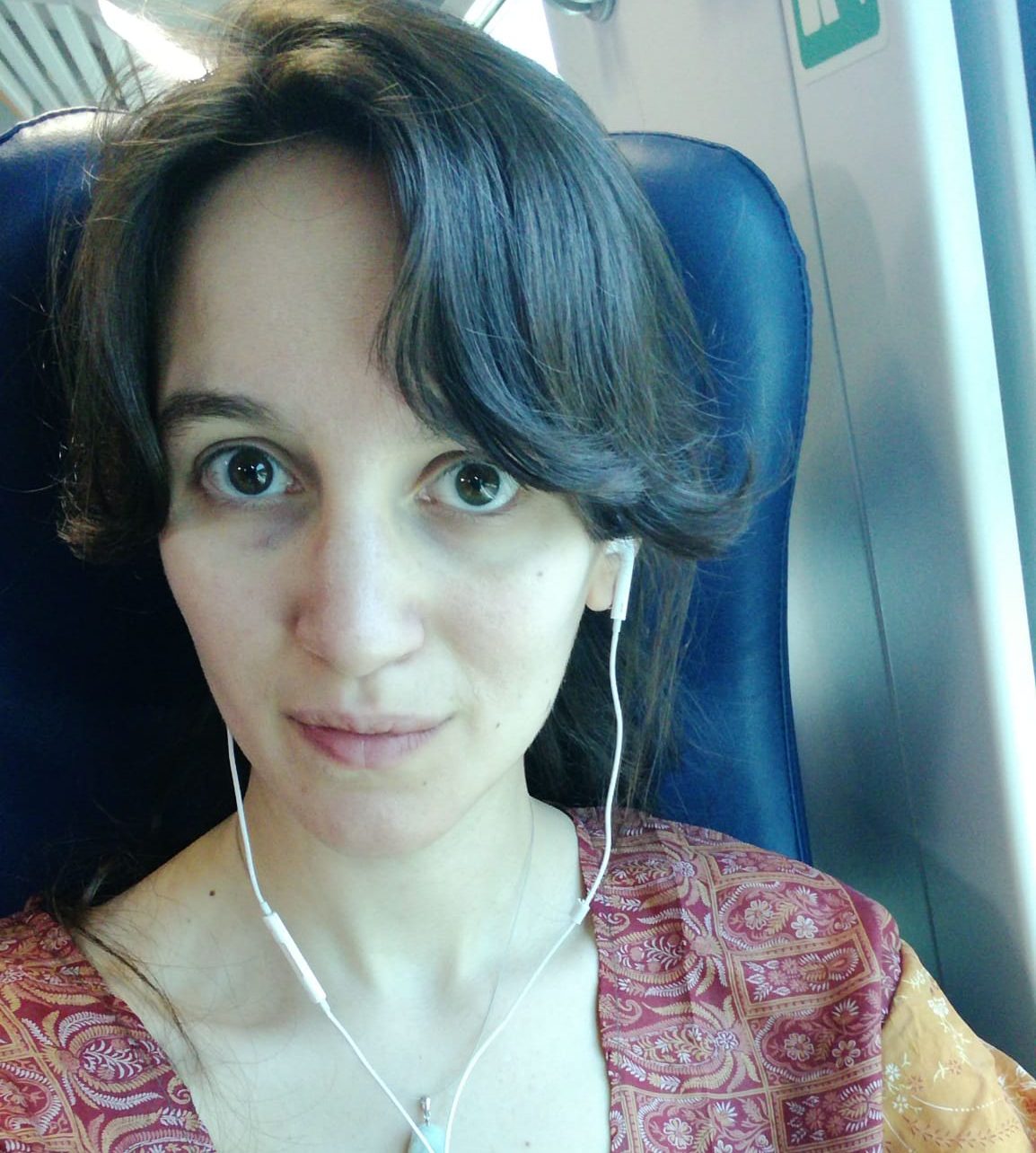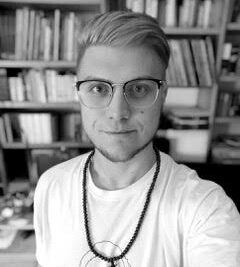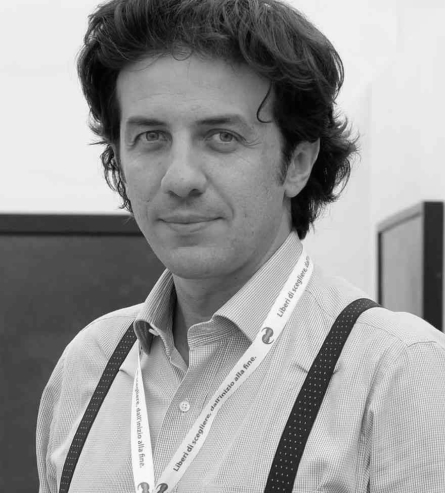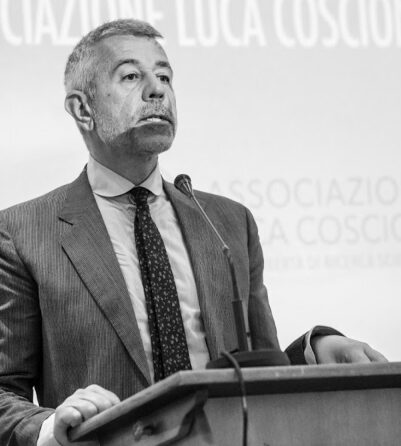Board and Leadership
In October 2018, a group of members of Rome-based Associazione Luca Coscioni launched Science for Democracy to promote the affirmation of the “right to science” through a dialogue between the scientific community and decision-makers. Anyone who shares its goals can join Science for Democracy – scientists and academics are particularly welcome.
-
Laura Convertino
President
Laura Convertino is a PhD candidate in cognitive and theoretical neuroscience at UCL (University College London), awarded by the Leverhulme Trust Doctoral Training Programme for the Ecological study of the Brain. She studied Medicine and Surgery at the University of Pavia, with a parallel diploma in Biological Sciences at IUSS Pavia, and became a qualified MD in 2018. Proud member of Collegio Ghislieri, she had the opportunity to extend her studies in basic research and clinical training in different international leading institutions. She is particularly interested in issues related to minorities’ access to the benefits of science and scientific knowledge, and in promoting freedom of research and the right to science beyond cultural biases.
-
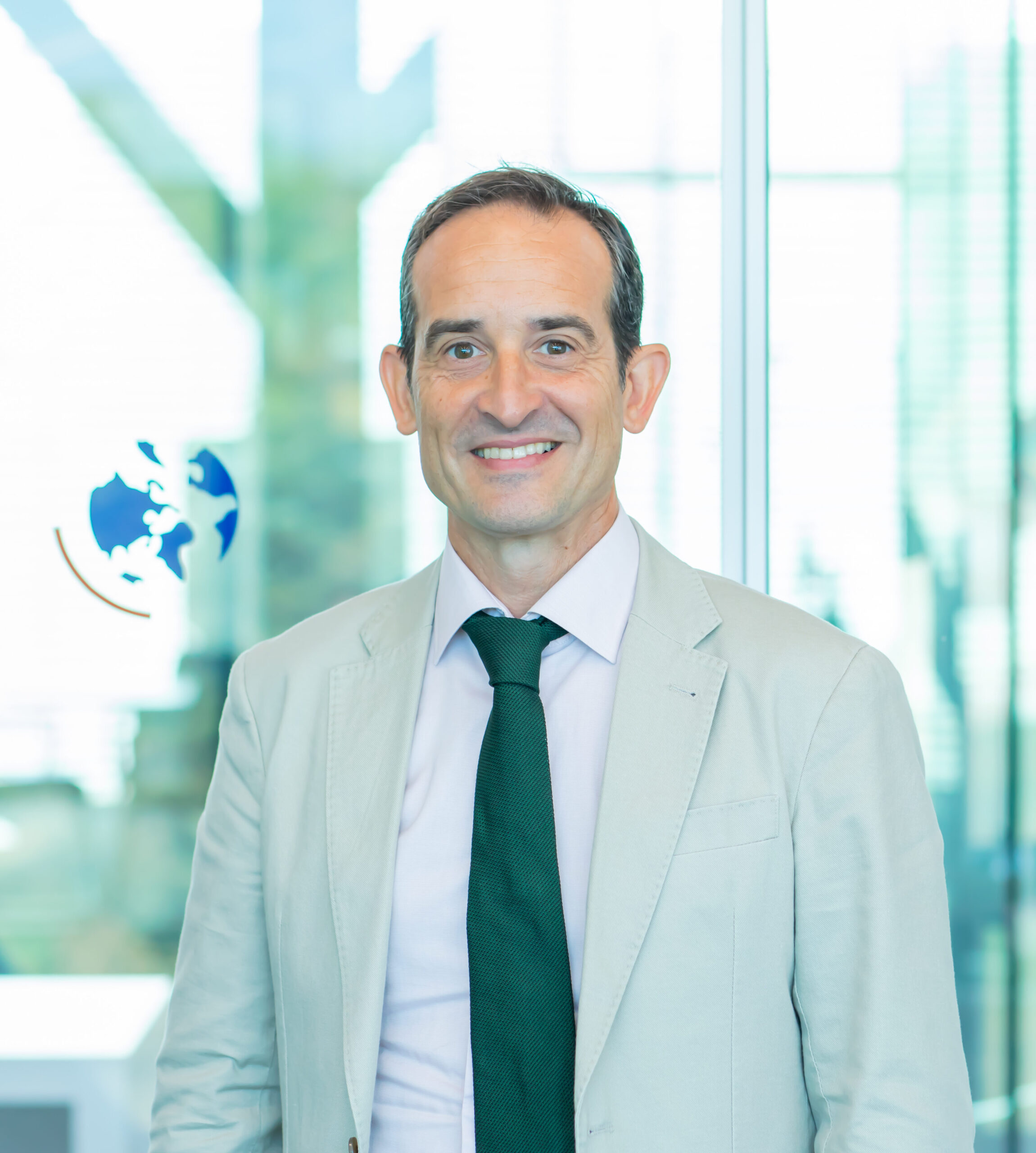
Ivan Ureta
Secretary General
Dr. Ivan Ureta is Deputy Executive Director and Director of Executive Education at the Geneva Centre for Security Policy (GCSP) and President of the Swiss Business Ethics Network. He also serves as the co-director of the MAS in International Security at the University of Geneva. He is an expert in international political economy, ethics and responsible leadership, integrating these into research, teaching and executive programs worldwide. He has held academic and research positions at institutions including King’s College London, Oxford, Cambridge, and IE Business School, and has contributed to projects with the IOM, NATO Parliamentary Assembly and the US Department of State among others. Dr. Ureta holds PhDs from the University of Deusto (Economic History) and King’s College London (International Relations).
-
Simone Picenni
Treasurer
Simone Picenni is a PhD student in the ERC project “Truth and Semantics” based at the University of Bristol. He works primarily on truthmaker semantics, semantic paradoxes and formal theories of truth, and his current research interests include proof theory, structuralist theories of science, and meta-ontology. He got a Master’s degree in Logic and Philosophy of Science from the University of Florence and studied at the Munich Centre for Mathematical Philosophy at the Ludwig-Maximilian-Universität in Munich. He is deeply fascinated by the great questions of the Enlightenment: how can we characterize rigorous knowledge? How can scientific knowledge contribute to the autonomy of the individual and to the improvement of society?
-
Marco Cappato
Founder and Board Member
Marco Cappato is the Coordinator of the “World Congress for freedom of scientific Research”, Treasurer of “Luca Coscioni Association”, founder of Eumans. Marco Cappato was a member of the European Parliament from 1999 to 2009, and an EP Rapporteur on: “privacy in electronic communication”; “human rights in the world for 2007”; “production of opium for medical purposes in Afghanistan”; “public access to EU documents”. He was nominated for the “Politician of the year” award by “Wired” in 2003 and is the winner of the “European of the Year” award organised by “the European voice”.
-
Marco Perduca
Founder and Board Member
Marco Perduca, former Italian Senator (2008 to 2013) served on the Foreign Affairs, Justice, and Human Rights committees. For 20 years, he has coordinated the activities of the Nonviolent Radical Party at the United Nations in New York, Geneva and Vienna and has organized high-level meetings to abolish the death penalty in Africa and Central Asia. Marco Perduca is an expert on UN mechanisms with an emphasis on drug policy reform. Marco Perduca has collaborated with British law firms and American foundations on ending human rights violations in Italy. His letters and opinions have appeared in the International Herald Tribune, the Financial Times, The Wall Street Journal, The Guardian and Nature Italy. When in Parliament, he was often a guest on the BBC as a commentator on Italian politics. He has published three books and curated three. He has a blog on HuffingtonPost.it and just published a memoir, Farnesina Radicale. In February 2021 he was appointed Sherpa of the Values 20 Group.
-
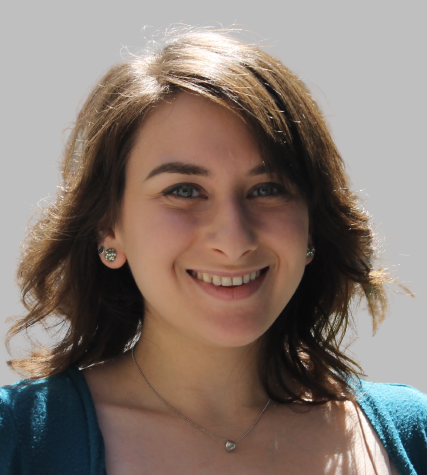
Julia Mazina
Project Officer
Julia Mazina holds an MA in human rights from Friedrich-Alexander-Universität in Germany and a BA in international business from the University of Pittsburgh in the U.S. Her background is in women’s rights, sexual and reproductive health rights, and health research. She wrote her master's thesis on racist and sexist discrimination in the healthcare field, with a focus on maternal health and sexual and reproductive care.
